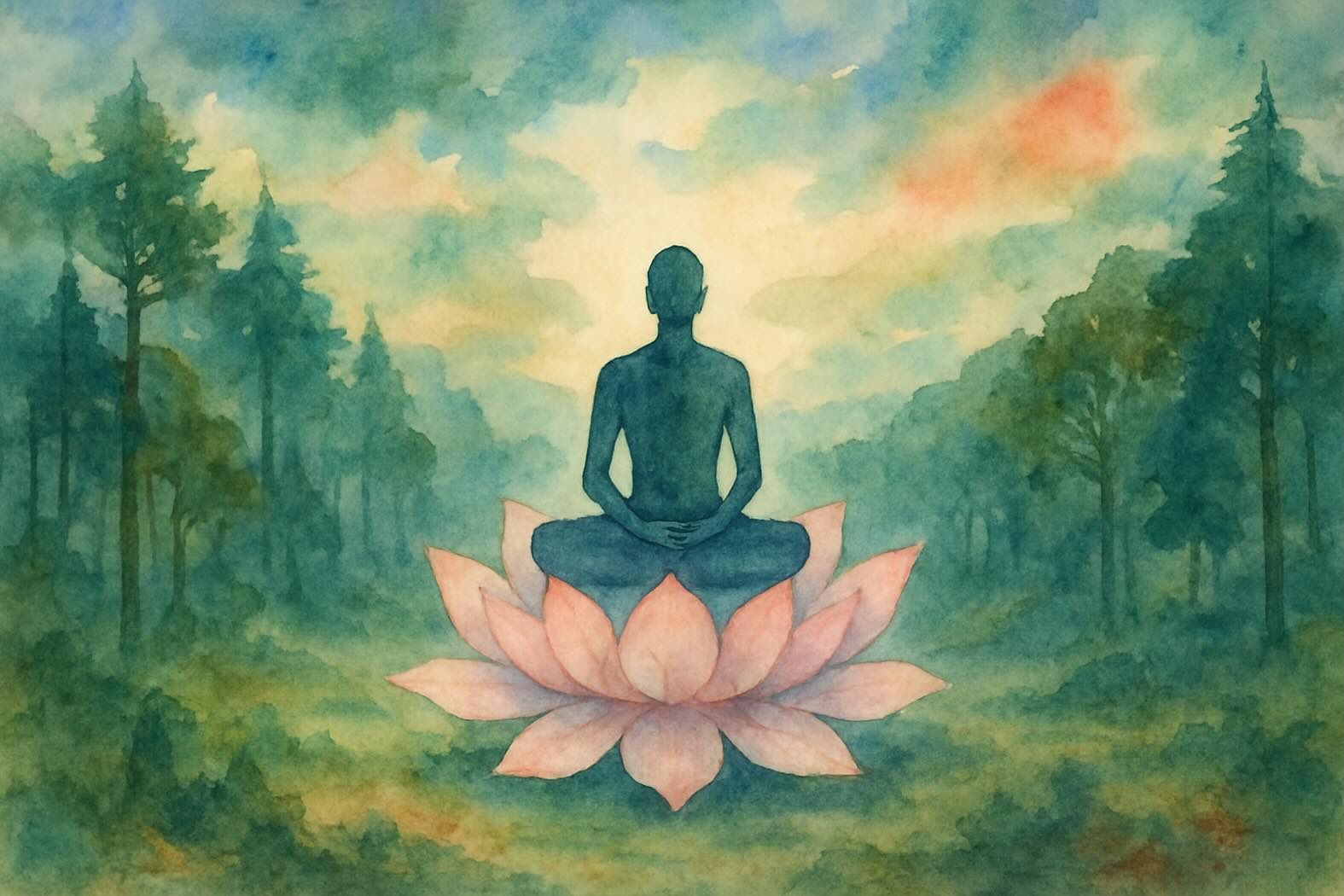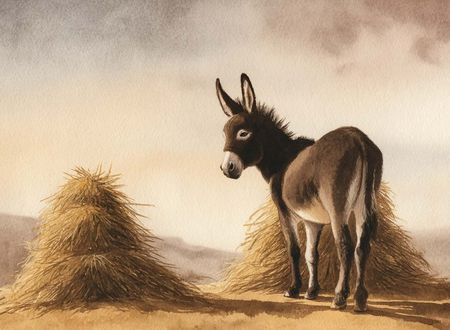Some 24 years ago, I was leading a large team of developers when I noticed that one of the contractors in my team (he had come from our outsourcing partner) would quietly excuse himself from lunch every Monday, Wednesday, and Friday. At first, I assumed it was a dietary preference or perhaps just a quirky schedule. But curiosity got the better of me one day, and I asked him. He smiled and said, “I fast.”
“Every other day?” I asked, a little surprised.
“Three out of five,” he replied. “Actually, when I was 20 years old, my father had fallen gravely ill. I was desperate. I prayed and promised God that if he recovered, I’d fast on three working days. He did recover. So I kept my word.”
There was a quiet dignity in the way he said it. No drama, no pious display. Just a man honoring his end of a promise, long after the universe had let it go, perhaps. I was 21, and he was 36 years old at the time. He had been fasting for 16 years. His father was still alive. He told me he had shared it with me in confidence only because he knew I believed in God and was a religious person. (He might have seen me say grace before my meals, maybe.)
What stayed with me was not the ritual — it was the reason. What began as a plea had become a practice. For him, it was no longer about asking or thanking but remembering. A quiet act of reverence, of discipline, of grace. Most importantly, of making good on one’s promise. I wished to tell him that he no longer needed to fast, but he was simply keeping his word — for no other reason than that he had given it.
Somewhere, that is the true arc of spiritual evolution: when our devotion no longer needs a reason.
I don’t deny that it’s easier said than done because often we hinge our entire life’s faith and penance on just one thing that matters the most to us at present. It is strange, really, how the entire existence of the Divine is placed on trial based on the fulfillment of one personal desire. One. As though the sum total of the universe must bend to our individual expectations.
Our faith, more often than not, is conditional. If my child recovers, if my project succeeds, if I get what I’ve asked for — then I will believe, I will serve, I will surrender. But if not, then what? Silence. Anguish. Or worse, resentment.
But I never said that the universe is a vending machine, that you insert a coin of virtue and it will eject a snack of miracles.
In fact, the truth is — and this may be hard to accept — the universe is not obligated to respond. The universe doesn’t rearrange itself for our convenience. It flows by its own rhythm, its own wisdom, far beyond the narrow corridor of our likes and dislikes.
This is not indifference but impartiality.
If your idea of divinity is tied only to your comfort, it will shake and shatter, if not vanish altogether, at the first blow of discomfort. But if your bond with Bhagavan is rooted in awareness, in surrender — then even when He appears silent, you will hear everything.
That is the whole idea of a prayer, of being spiritual, that we rise above our own restive mind, our petty thoughts, and that we elevate our consciousness and experience the world from a new vista, a different perspective. After all, we pray not to be rewarded but refined. We don’t meditate to escape life but to fully enter it.
Buddha said some questions, like the workings of karma or speculation about the origin and extent of the universe, were achintya (beyond reflection or comprehension). Four questions to be precise. 1
I’d say “Why me?” is also achintya. The promotion that never came, the soulmate who never stayed, the baby we prayed for, the healing that never happened — the cause could be any. The reason often is ignorance and ignorance alone. Please reread: the reason of all our suffering is ignorance. Not what you did or didn’t do, not what was or wasn’t done to you, but ignorance. Vedas call it avidya, the absence of knowledge.
A German man once asked Srila Prabhupada, “Why has my life been nothing but a long stream of suffering?”
“Because,” Srila Prabhupada said, “you were a rascal in your previous life.”
And that did it for him. He became his lifelong disciple and even remained in his personal service for six years (if I recall correctly). In What’s the Difficulty, he stated that he got the answer he had been searching for.
Achintya or not, I guess, there’s nothing to lose by walking the path of love, compassion, and service.
Remember — when the world slams shut its doors on you or your prayers seem to echo back unanswered, hang in there. The silence is not the Universe ignoring you but inviting you to listen more deeply. Listening deeply to the breath that still flows, the heart that still beats, to that part of you that seeks not a miracle but meaning.
We don’t pray because of our burdens but in spite of them. That’s all there is to it. The rest is commentary.
Peace.
Swami
P.S. I look forward to seeing you on 10-Jul-2025 at 7:30 AM IST on the occasion of Guru Poornima. You can join me live on os.me/live. The Zoom link will be published on that page too. (If you join a few minutes ahead of time, you should be able to join the Zoom meeting room. The event will be live-streamed anyway on our live page.)
Notes
A GOOD STORY
There were four members in a household. Everybody, Somebody, Anybody and Nobody. A bill was overdue. Everybody thought Somebody would do it. Anybody could have done it but Nobody did it.
Don't leave empty-handed, consider contributing.It's a good thing to do today.









Comments & Discussion
240 COMMENTS
Please login to read members' comments and participate in the discussion.